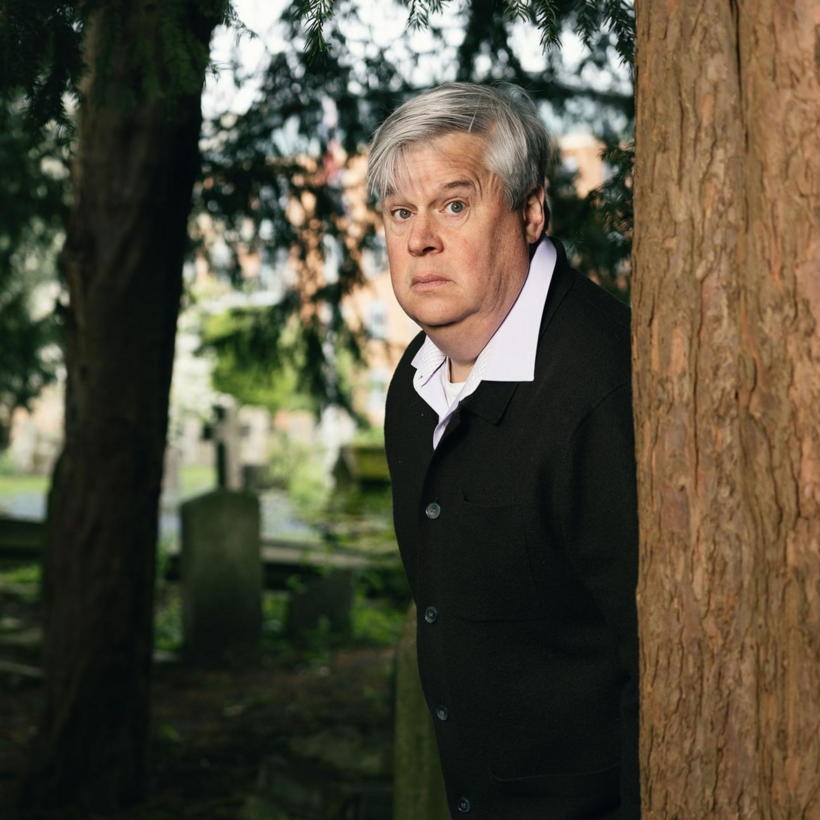a.k.a. Lemony Snicket
“If you are interested in stories with happy endings, you would be better off reading some other book.” So Daniel Handler, writing as the enigmatic Lemony Snicket, begins A Series of Unfortunate Events, his inordinately successful sequence of children’s books, which have sold 60 million copies and left me, aged 12, utterly captivated. It is an early marker of just how well Handler understands the minds of children, because few things are going to entice a young reader to embark on a 13-book series more than a warning not to bother.
The books become increasingly baroque, involving a complex set of interconnected references and secrets, and use language few middle-grade readers would usually encounter, often helpfully explained by Lemony Snicket (“the word ‘incentive’ here means ‘an offered reward to persuade you to do something you don’t want to do’”). Reading them, even as an adult, you have the feeling that something is just beyond you, that you’re missing some key clue, which makes them horribly irresistible for inquisitive (and the word “inquisitive” meant, in my case at least, “precocious”) young readers.

